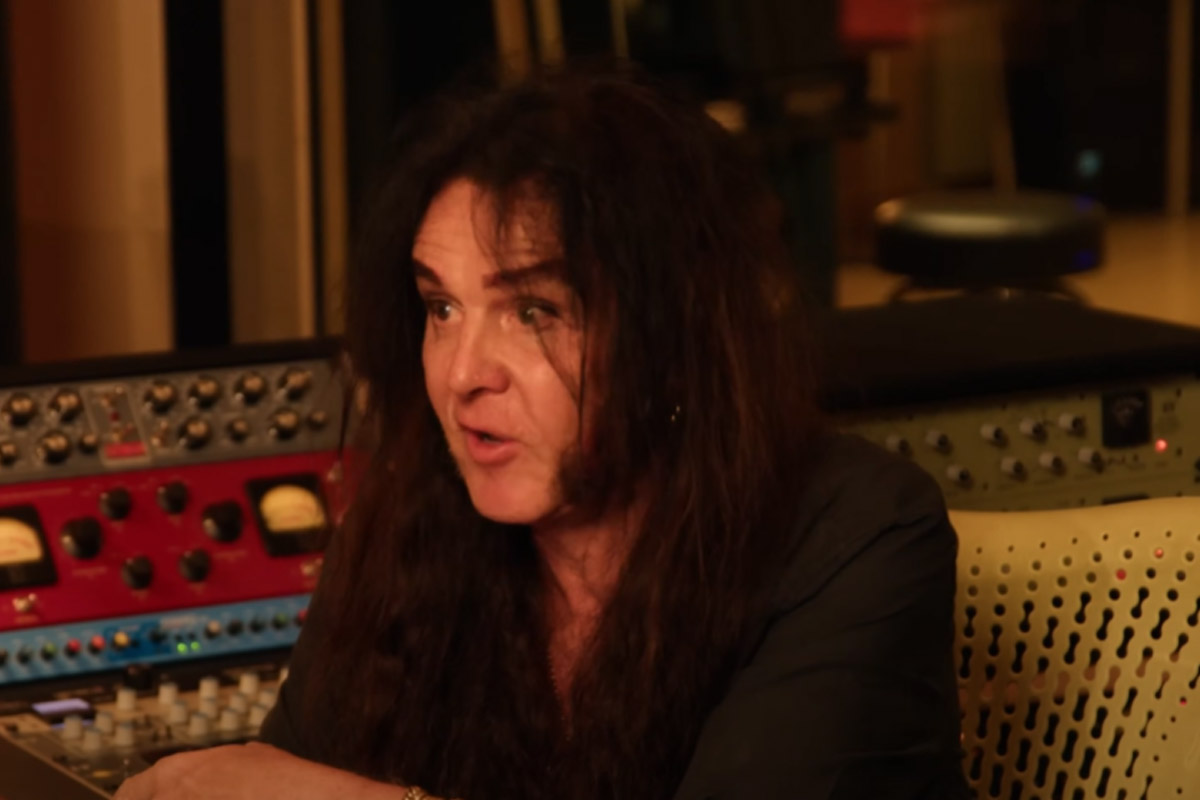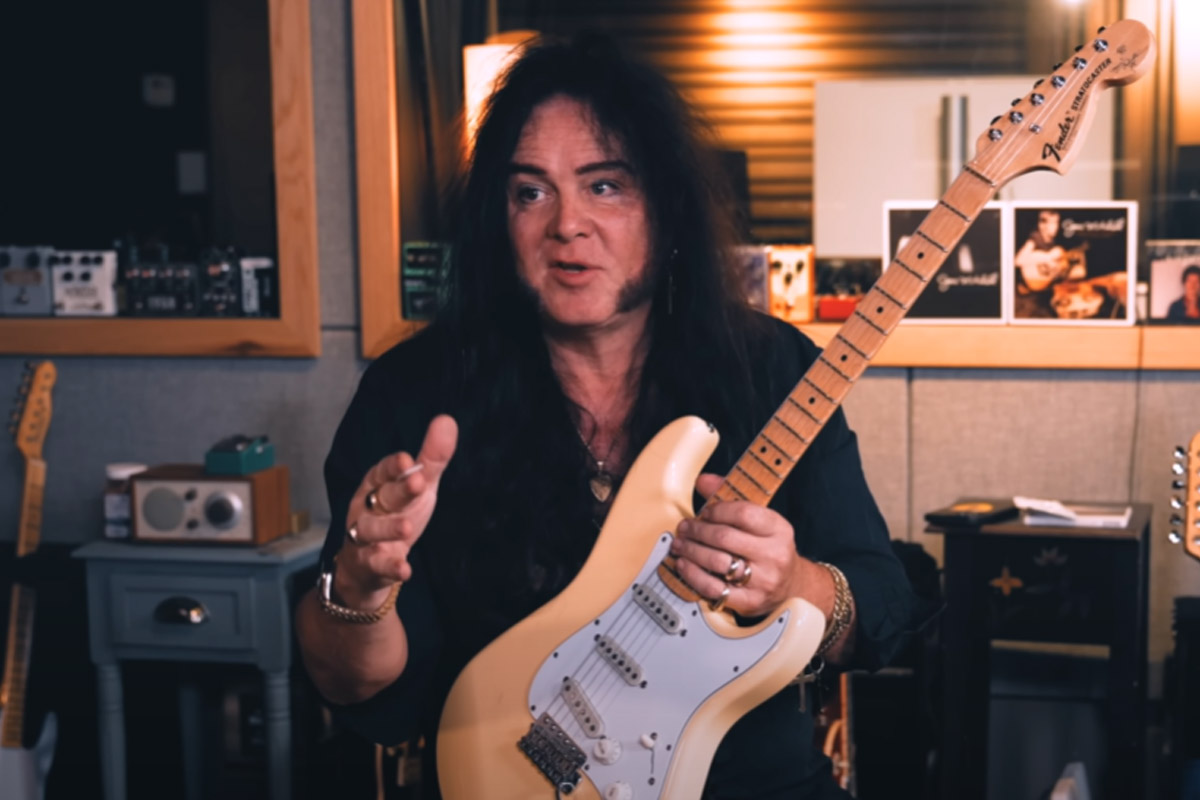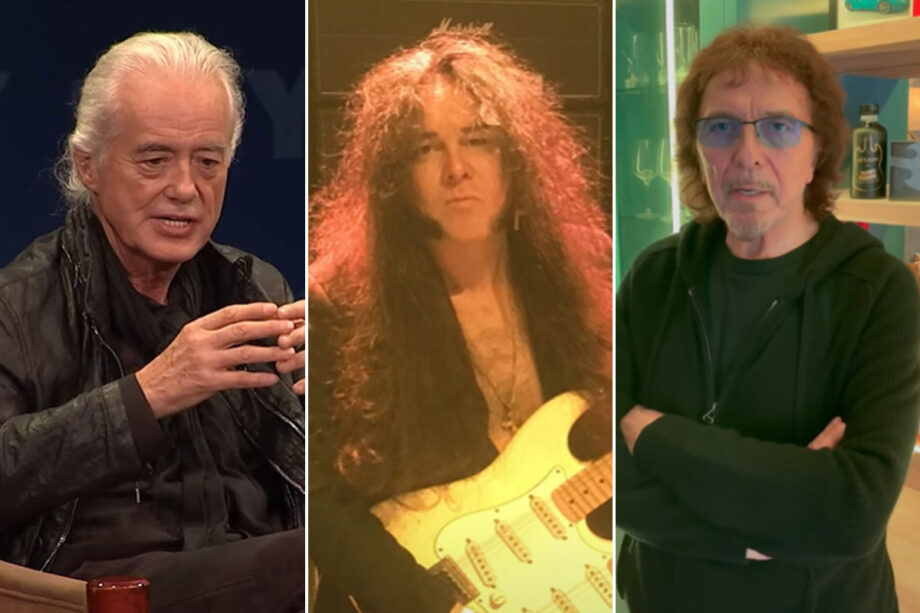In a recent interview with Eon Music, legendary guitarist Yngwie Malmsteen discussed his unique musical development. The Swedish virtuoso’s early years were marked by limited exposure to mainstream rock music, which set him apart from his contemporaries.
“I never followed any trends, because when I was little kid in Sweden, there was no radio, there was no MTV; there was a black hole of f*cking nothing,” Malmsteen revealed. “Your older siblings or friends in school might have a record like Alice Cooper ‘School’s Out’, and it was cool.”
“When I was eight years old I got Deep Purple ‘Fireball’, and I heard the double bass drums and stuff like that, but I never heard Zeppelin, I never heard Black Sabbath, I never heard anything like that,” he continued. “So to make a long story even longer, I never followed any trends of any kind, ever.”
The guitarist shared these insights during a discussion about the golden era of instrumental guitar albums in the 1990s. His unique isolation from mainstream rock played a crucial role in shaping his distinctive musical journey.
Classical Foundations

Research from Sweaty Spice revealed that Malmsteen’s isolation from rock music led to his deep connection with classical music. He found particular inspiration in the works of Nicolo Paganini and Antonio Vivaldi, which became the cornerstone of his revolutionary approach to guitar playing.
His official biography documents how the fusion of classical influences with hard rock elements helped him pioneer Neo-Classical Hard Rock.
Progressive Influences

Rough Edge noted that Malmsteen drew inspiration from progressive bands like Rush and Deep Purple, despite his limited exposure to rock music. These select influences shaped his technical approach to guitar playing.
His unique combination of classical training and progressive rock elements created a distinctive musical vocabulary. This set him apart from other guitarists in the 1980s scene.
Early Recording Experience

Jason Sobrecht highlighted how Malmsteen’s early access to his uncle’s recording studio proved crucial for his development. This early exposure to recording technology gave him freedom to experiment with his sound from a young age.
His studio experience allowed him to develop his signature style before the 1980s guitar movement emerged. This further reinforced his position as an innovator rather than a trend follower.





